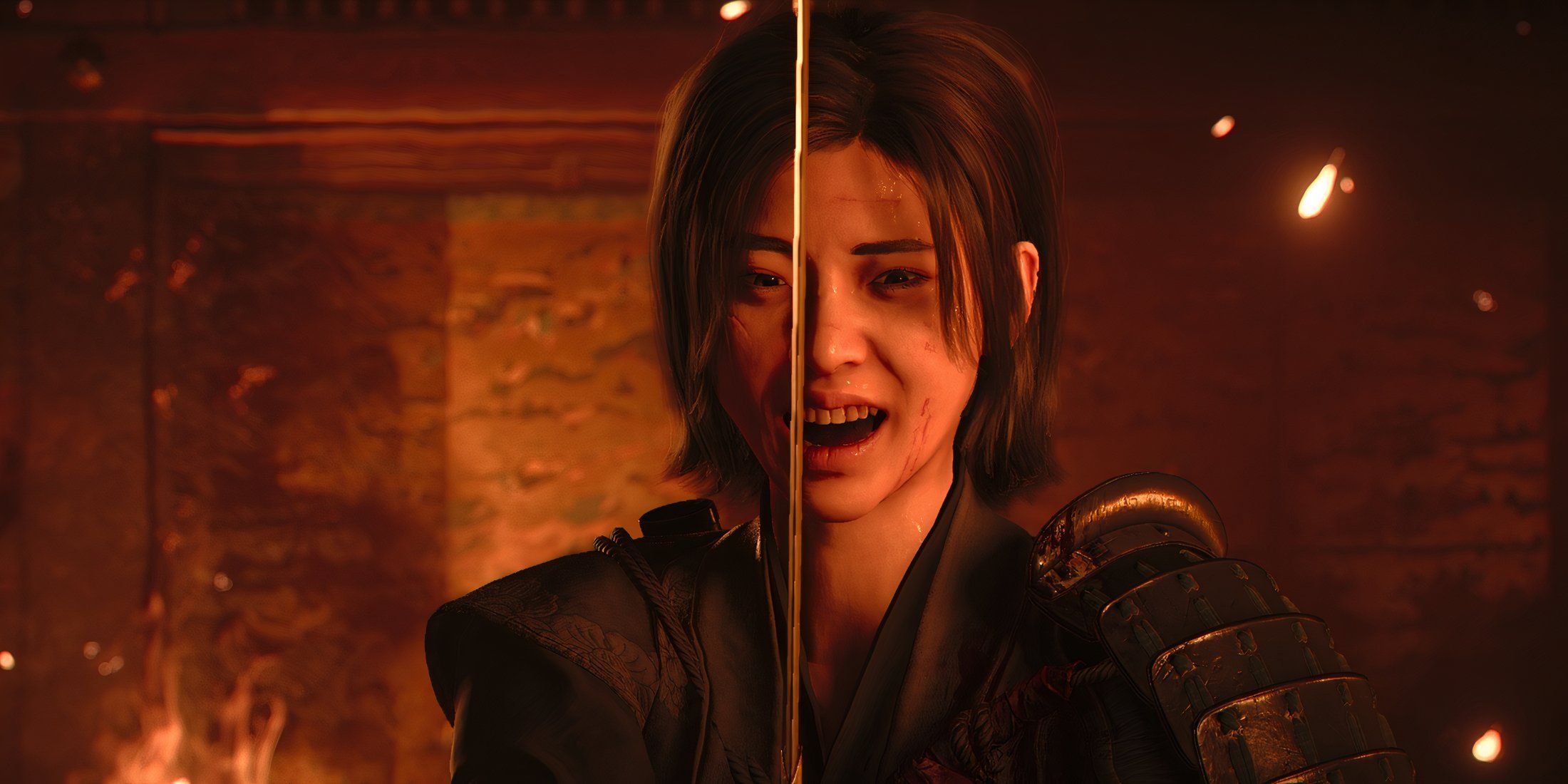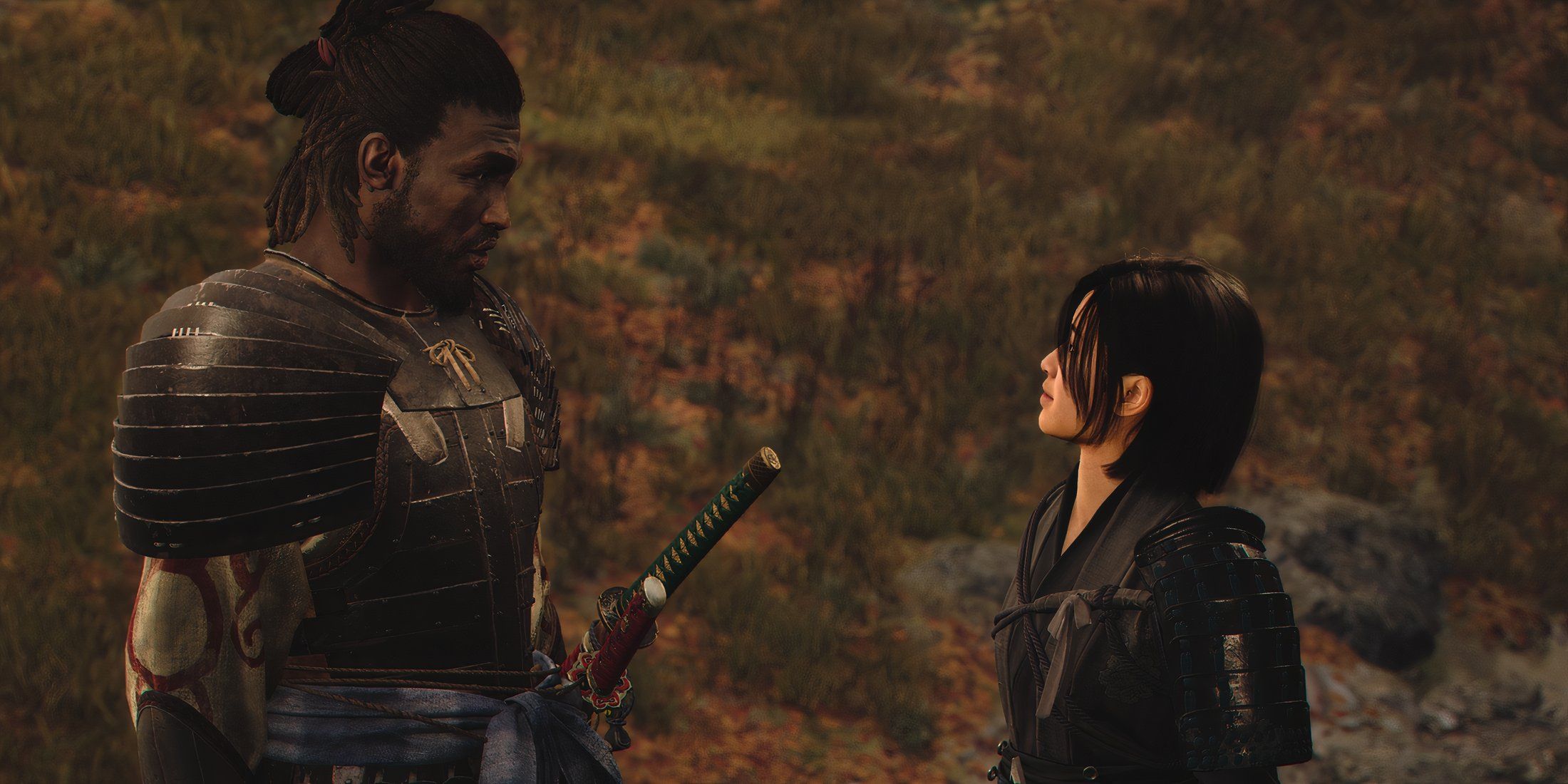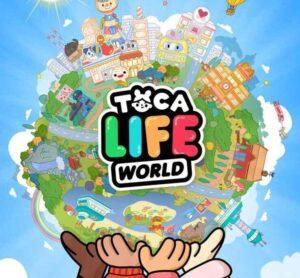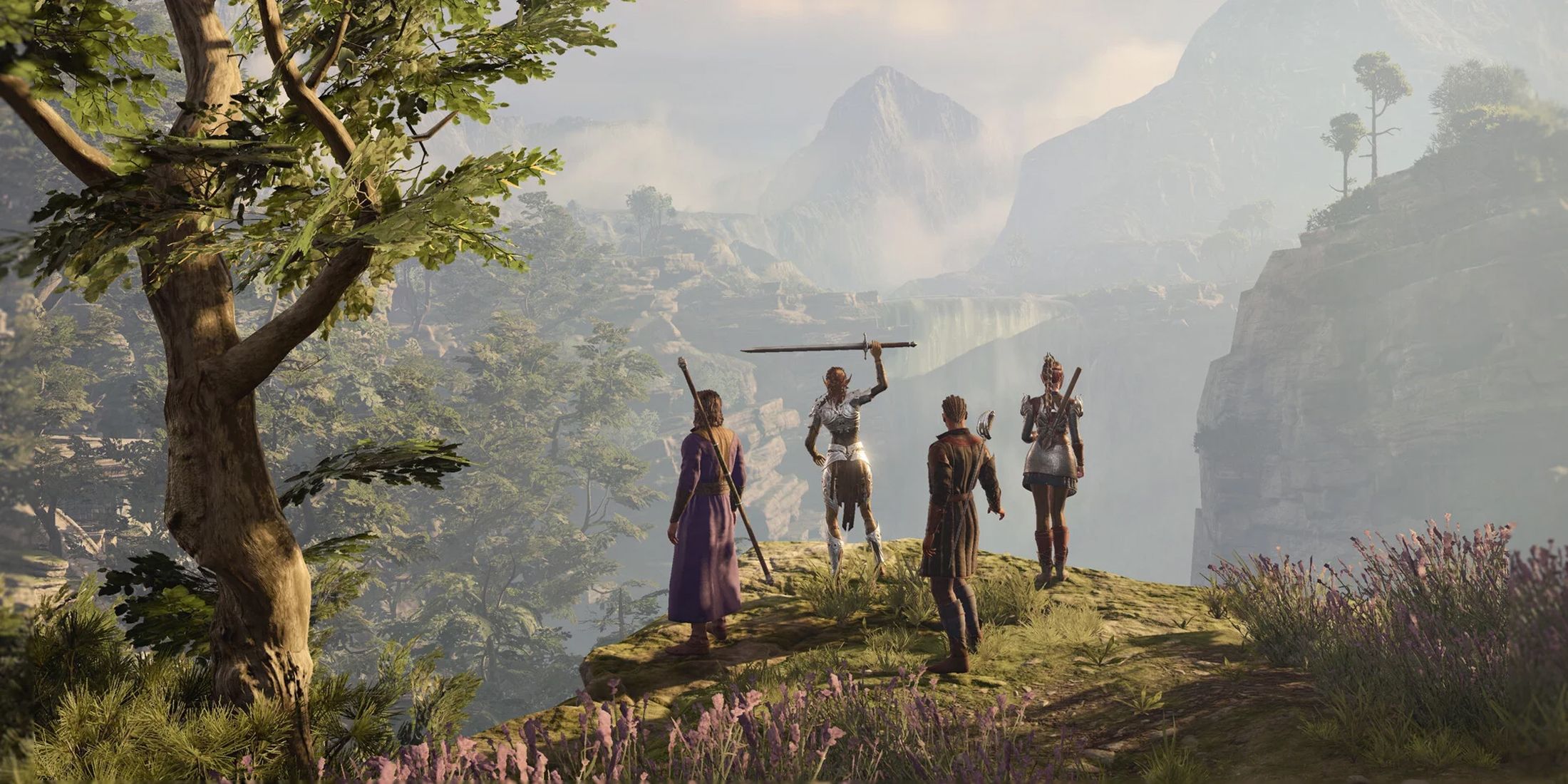Ubisoft Unveils the Grand Vision for Assassin’s Creed, Dispelling Myths and Embracing a Multi-Project Future
Popular Now
 Warframe
Warframe
 Stumble Guys
Stumble Guys
 Poppy Playtime
Poppy Playtime
 Schedule I
Schedule I
 R.E.P.O
R.E.P.O
 Auto X Drift Racing 3
Auto X Drift Racing 3
 NBA 2K24
NBA 2K24
 Candy Crush Saga
Candy Crush Saga
 Counter-Strike 2
Counter-Strike 2
 CarX Street
CarX Street  With the release of Assassin’s Creed Shadows, the franchise has once again captured the global gaming spotlight. The new title, set in feudal Japan, represents a significant evolution in the series’ formula, but it is just one piece of a much larger, more intricate puzzle. In recent interviews and Q&A sessions, the developers at Ubisoft have been remarkably transparent about their ambitious plans for the future of Assassin’s Creed. They have addressed fan concerns, clarified the role of the modern-day storyline and the Isu, and outlined a roadmap that promises a diverse range of experiences for both long-time players and newcomers. The era of the single, massive RPG is giving way to a more dynamic, interconnected universe, with the newly introduced Animus Hub at its core. This article will break down the key takeaways from these developer discussions, providing insight into the monumental shift underway for one of gaming’s most storied franchises.
With the release of Assassin’s Creed Shadows, the franchise has once again captured the global gaming spotlight. The new title, set in feudal Japan, represents a significant evolution in the series’ formula, but it is just one piece of a much larger, more intricate puzzle. In recent interviews and Q&A sessions, the developers at Ubisoft have been remarkably transparent about their ambitious plans for the future of Assassin’s Creed. They have addressed fan concerns, clarified the role of the modern-day storyline and the Isu, and outlined a roadmap that promises a diverse range of experiences for both long-time players and newcomers. The era of the single, massive RPG is giving way to a more dynamic, interconnected universe, with the newly introduced Animus Hub at its core. This article will break down the key takeaways from these developer discussions, providing insight into the monumental shift underway for one of gaming’s most storied franchises.
The Return to the Core Conflict: Assassins vs. Templars
One of the most persistent criticisms of recent Assassin’s Creed games, particularly the RPG trilogy of Origins, Odyssey, and Valhalla, has been the perceived de-emphasis on the central conflict between the Assassins and the Templars. In a recent Reddit AMA, the Shadows development team acknowledged this sentiment directly. They explained that their goal with Shadows was to first establish the protagonists, Naoe and Yasuke, within their historical setting before re-introducing the larger ideological war. The developers confirmed that the Assassin vs. Templar conflict remains a “core pillar” of the franchise and that a “deep dive” into this rivalry is on the horizon. This suggests that while Shadows may serve as an origin story for the Japanese Brotherhood, future content—whether through DLC or subsequent titles—will bring this age-old struggle back to the forefront. This is a reassuring sign for fans who have long missed the black-and-white morality and intricate conspiracies that defined the early games in the series.
 The New “Modern Day” and the Animus Hub
The New “Modern Day” and the Animus Hub
The modern-day storyline has always been a point of contention for fans, with some loving its sci-fi elements and others finding it a distraction. Assassin’s Creed Shadows introduces a completely new approach with the Animus Hub. Rather than featuring a playable modern-day protagonist, the Hub serves as a central interface, a digital Animus for the player. The narrative is delivered through encrypted data files that you unlock, providing a fresh and more abstract way to experience the contemporary plot. This system, which Ubisoft describes as a “seamless entry point,” is a key component of their new strategy. It allows them to tell a continuous, overarching story in the “near future” without forcing a full-fledged modern-day gameplay loop into every single release. The developers confirmed that this is just the “first stone” of their new approach and that they are listening to community feedback. This new direction allows for more freedom in historical settings while still providing a connective tissue that links all the games together, a core promise of the once-rumored “Project Infinity.”
A Broader Palette of Games: Beyond the RPG Formula
For years, the franchise has been defined by its open-world RPG structure. However, with Mirage’s return to a more linear, stealth-focused design and the upcoming projects, Ubisoft is actively diversifying the series’ gameplay. The developers of Shadows have confirmed that future titles, such as Codename Hexe, will not be RPGs. This marks a clear and intentional shift away from the “one size fits all” approach. Hexe, which is being helmed by the director of Watch Dogs: Legion and Far Cry 2, is described as “a very different type of game,” rumored to have a darker, more unsettling tone. Additionally, a remake of Assassin’s Creed IV: Black Flag is also reportedly in development, proving that Ubisoft is also committed to revisiting and updating its most beloved entries. This multi-project strategy, with an alleged goal of releasing a new Assassin’s Creed game every six months for the next decade, ensures that the series will offer a variety of gameplay experiences to cater to different tastes. This approach mitigates the risk of player fatigue and allows each game to focus on what it does best, whether that’s open-world exploration, methodical stealth, or something entirely new.
The Fate of Basim and the Isu
Fans have been vocal about the open-ended fate of Basim, the modern-day protagonist from Valhalla. While the Shadows developers confirmed that Basim does not appear in the new game’s main story, they did tease that there is “more to come” for the character. This suggests that his story will likely continue within the evolving modern-day narrative of the Animus Hub. The developers also addressed the Isu, the precursor race, which had a diminished presence in Shadows compared to the mythological focus of Odyssey and Valhalla. They stated that the Isu are not being “retconned” and that their lore will “be expanded at some point, in some fashion.” This measured response indicates that Ubisoft is not abandoning these core mythological elements, but is instead choosing to weave them into the narrative when it serves the specific story being told, rather than making them the central focus of every game. This careful balancing act aims to satisfy both fans of the traditional historical fiction and those who are more invested in the grand, overarching lore of the series.
 Conclusion: A Bold New Era for Assassin’s Creed
Conclusion: A Bold New Era for Assassin’s Creed
The recent conversations with the developers behind Assassin’s Creed Shadows have painted a clear picture of a franchise in a state of ambitious transformation. Ubisoft is not ending the series, but rather, they are expanding and diversifying it on a scale never before seen. The move to a new development paradigm, centered on the Animus Hub and a constant flow of different types of games, is a monumental gamble. It’s a clear response to the demand for both the traditional stealth experience and the larger-scale RPGs, as well as an attempt to introduce new genres and settings. The commitment to returning to the central conflict, evolving the modern-day storyline, and exploring a range of gameplay styles shows a developer that is listening to its community while simultaneously forging a path forward. The future of Assassin’s Creed is not a single, monolithic title, but a vast and interconnected universe of stories, where every player can find their own unique adventure within the Animus. This is the most exciting and dynamic era the franchise has seen in years, and it’s just getting started.








 The New “Modern Day” and the Animus Hub
The New “Modern Day” and the Animus Hub